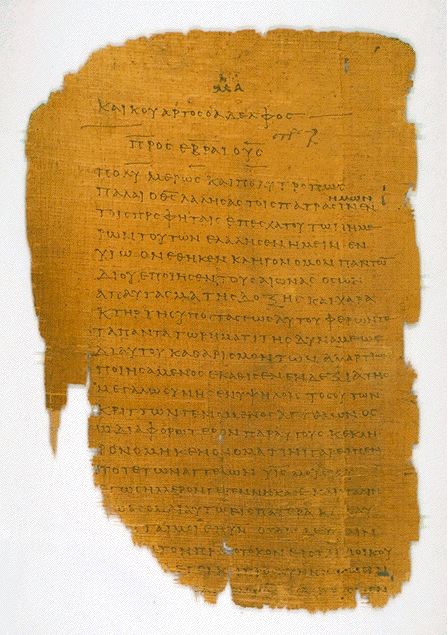Someone asked me recently what the purpose was in praying. Why do we pray? What is it for? It’s a good question. Not only is prayer inherently confusing, but it’s also uniquely mysterious.
We pray and are not answered. We pray and find an answer. We pray and don’t like the answer. We pray and like the answer.
Abram, Moses, David, Job, Daniel, Nehemiah, Jesus and Paul all prayed. Their prayers overlap in intent but vary wildly in content and focus. What are we to make of all this?
Common Question
“What’s the point?” questions are common. What’s the point of voting if governments break their promises once elected? What’s the point of taking the time to cook a delicious meal for your family when all they do is wolf it down in 10 seconds flat? What’s the point of supporting your team when they never win anything? And, what’s the point of having a sat-nav if it keeps taking you the wrong way? I include this because of two such incidents on my journey to Manchester and back last weekend which led to me paying a toll twice instead of once, and adding an hour to our journey. More on that another time.
I’d suggest our purpose in prayer is one of the more relevant, “What’s the point?” questions.
Prayer is Personal
There’s no one definition of prayer that can satisfy all it means. That’s because it is, fundamentally, an expression of our relationship with God. Relationships defy simplistic definition. At least, they do if they are meaningful.
I like the title of chapter 1 in the BST “The Message of Prayer”. It is, “The Conversation of Friends.”
Meaningful Relationships
My ‘relationship’ with my dentist is narrow. The ‘relationship’ I have with my accountant less so. That’s because he is also my brother in Christ and friend. Thanks, Dennis, for being a super accountant and a valued friend! Then, my ‘relationship’ with my wife is on another level entirely. I’d find it hard to sum up my relationship with Penny in a few words.
How much more so with God. Because our relationship is different, so also is our conversation.
Honest Talk
If there is one thing we know about good relationships, it is that honesty is foundational. Among many examples, the Psalmist cries out,
“Why, Lord, do you stand far off? Why do you hide in times of trouble?” (Psalms 10:1 NIV11)
Jesus asks the question,
“My God, my God, why have you forsaken me?” (Matthew 27:46 NIV11)
I’d suggest this is the place to begin. Honest expression of facts, feelings, hopes, failings, sins, needs and desires will build a meaningful relationship with God. Are you being ‘real’ with God? If not, start there. Rather than ponder the purpose of prayer, trust that God wants to know you. That means him hearing what’s on your mind and in your heart. It’s a place to start, anyway.
Conclusion
As Tim Chester says in the BST book mentioned above, “Prayer is not ultimate but penultimate, a pointer to the days when we shall see God face to face. It directs our attention forward to our participation in the trinitarian community. Prayer is an anticipation of the day when we shall truly know even as we are truly known (1 Cor 13:12).”
Well said. When prayer confuses, continue to pray knowing it is preparation for the face-to-face communication we will enjoy in the coming life.
I’ve said we cannot sum up prayer in a few words, but I can’t resist having a go. Here is the best I could do this Thursday morning.
“My purpose in prayer is to begin the relationship with God I will enjoy in its perfection in the next life.”
Question
What do you think of my definition of the purpose of prayer? Do you have your own? Have you heard or read one that makes sense to you? Could you share your best ideas?
Please leave a comment here so that we can all learn from one another. We learn best when we learn in community.
I hope you have a wonderful week of quality quiet times.
God bless, Malcolm



